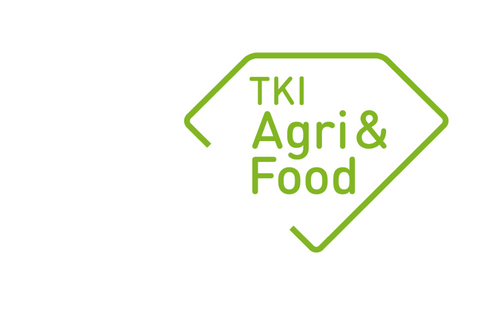Projecttitel: Heterogeneity in spores of food spoilage fungi
Projectnummer: AF-15507
Missie: Gewaardeerd, gezond en veilig voedsel
MMIP: Duurzame en veilige verwerking (D4)
Looptijd: 2015 – 2020
Budget publiek: € 1.280.000
Budget privaat: € 1.280.000
Projectleider: Han Wösten
Projectpartners: CBS-KNAW Fungal Biodiversity Centre, DuPont, Heineken, PepsiCo, TiFN, Unilever, Univ. Leiden, Univ. Utrecht, Wageningen University Research.
Food production should be increased by 70% to feed the human world population in 2050. Reducing post-harvest food spoilage could significantly contribute to this challenge. At the moment, 25% of the food is spoiled, a significant part due to fungal contamination. Fungal food spoilage can be found in all food categories. For instance, Aspergillus niger and Paecilomyces variotii are important spoilage fungi of fruits and processed foods, respectively, while Saccharomyces cerevisiae subsp. diastaticus is the main cause of spoilage of alcohol-free beer and beer-mix beverages. Fungal spoilage not only affects visual and organoleptic properties of food but can also result in the production of toxins. Food preservation methods like sterilization and salt addition reduce spoilage enormously. However, consumers prefer minimal processing of food to maintain taste and composition and to reduce health risks. This, however, leads to increased risk of fungal spoilage. Therefore, new food processing protocols are needed.
Fungal food spoilage often starts with a contamination with spores. These reproductive structures are abundant in the environment. Experimental data strongly indicate the existence of subpopulations of spores with different levels of resistance to preservation methods. The aim of this project is to study the extent of this heterogeneity and to study the underyling mechanisms using spores of Aspergillus niger, Paecilomyces variotii, and Saccharomyces cerevisiae subsp. diastaticus as model systems. The role of the genetic background (differences in strains), environmental conditions (differences in growth conditions), and the developmental state of the mycelium and the spores will be studied. Quantitative imaging, genome and RNA sequencing and functional gene analysis will be used, which should reveal leads for novel mild intervention protocols to prevent food spoilage.
Links:
Deel dit bericht

